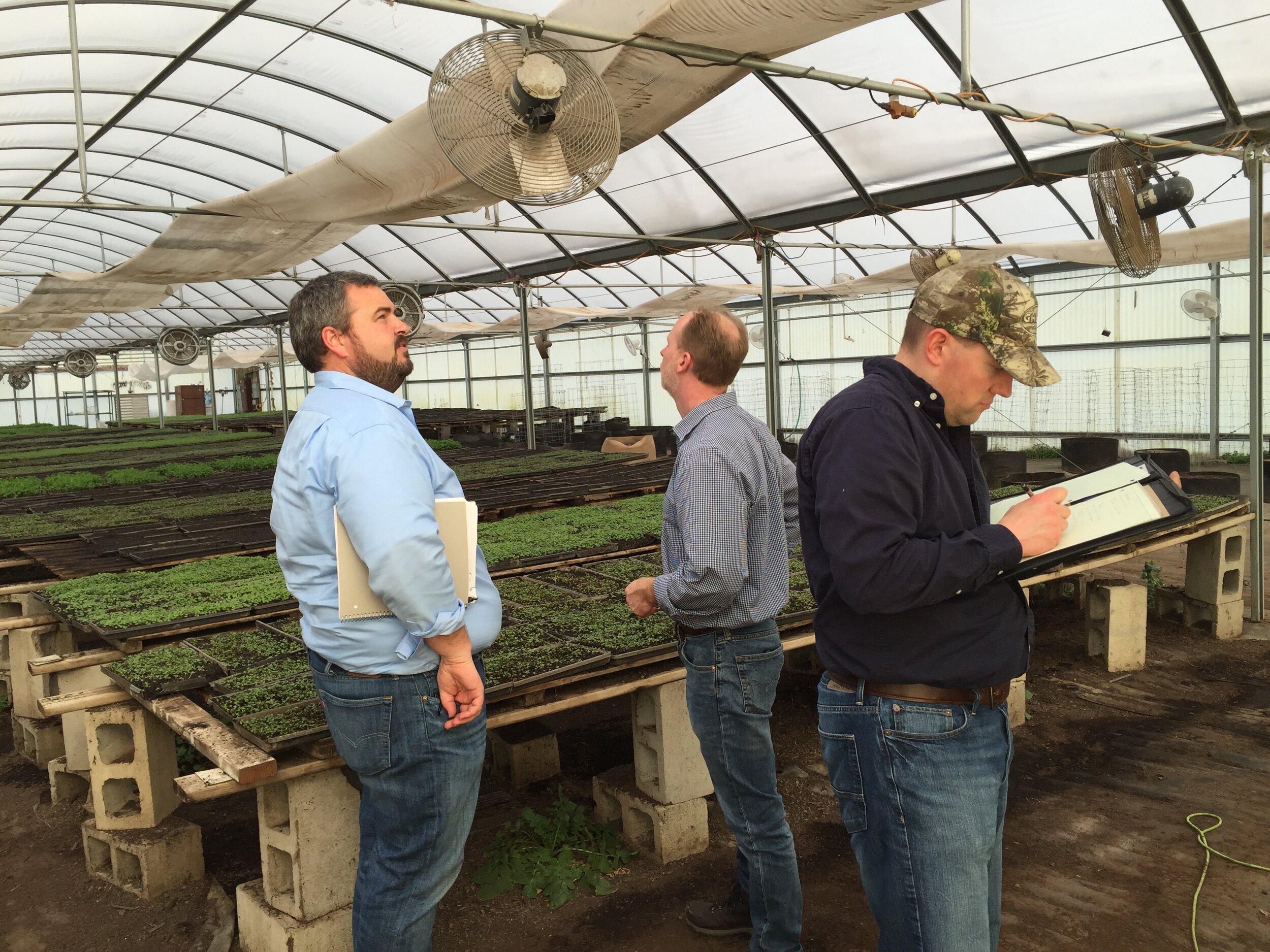COMMUNITY ENERGY DEVELOPMENT PROJECTS
-
With support from the U.S. Department of Energy and in partnership with the Burns Paiute Tribe in Eastern Oregon, Lake County Resources Initiative in Southern Oregon, Wallowa Resources in Northeast Oregon, and Craft3 lending, we are developing a Funding Hub to help communities access grants, staff support, and technical assistance.
With this support, rural communities and Tribal Nations can secure their energy futures by planning for and building community-led clean energy projects.
-
The community solar array (141.6 kW-DC) on top of the Oregon Shakespeare Festival (OSF) production building in Talent, OR, has been operational since March 2022 and supplies power to homes from Rogue River to Green Springs.
Ray Sanchez-Pescador from Solarize Rogue spearheaded the three-year project in partnership with Sustainable Northwest, the Oregon Clean Power Co-op, and True South Solar.
Senate Bill 1547 was passed in 2016 and created the Oregon Community Solar Program, enabling customers of Portland General Electric, Pacific Power, and Idaho Power to own or subscribe to shared solar arrays and benefit from the generation. The community solar model has gained momentum in the United States and allows greater access, participation, and benefits from solar.
The OSF project is one of the first and only participant-owned community solar projects in Oregon and the first "carve-out" project in Oregon (Carve-outs were established in the program to incentivize small and/or community-driven projects).
Solarize Rogue and its partners paved the way for future participant-owned community solar array projects. Ray thanked SNW, the Energy Trust of Oregon, Community Solar Program staff, the OPUC, Bonneville Environmental Foundation, SOCAN, and Pacific Power and applauded Rogue Climate for enrolling low-income households in the project.
-
Fort Klamath serves as the gateway to Crater Lake National Park, and the summer season brings an influx of people and revenue to this otherwise quiet town. "During these months, we work seven days a week, often up by six in the morning and we do not stop until eleven at night or later," says Heidi McLean, co-owner of The Aspen Inn. Income has been volatile for this small business. Now with financial assistance from USDA Rural Development, Heidi and her partner Shannon Sirola were able to install solar at the inn and lock in stable energy savings.
Heidi and Shannon are now saving up to $700 on summer monthly utility bills by generating 96% of their businesses electricity from the sunshine in Fort Klamath. As a result of receiving a USDA REAP grant, they reduced 25% of their solar installation costs, accelerating their payback and creating extra savings. Now with predictable and reliable energy costs from their solar installation, they can budget and prepare for the future.
-
Sustainable Northwest led a team in 2018-2019 that installed 120kW of solar on rural public facilities utilizing innovative community finance models. The projects include solar on a nonprofit animal shelter, a rural library, and public health care facility. Savings from these projects are projected to be upwards of $400,000.
The team competed nationally in the SunShot Solar In Your Community Challenge from U.S. Department of Energy, and won “Best Nonprofit Project” for their groundbreaking work. Team members included Douglas County Smart Energy, Hood River County, and Lake County Resources Initiative.
-
The Energy Program has been supporting Hood River County with their clean energy goals. After the creation and adoption of the groundbreaking Hood River County Energy Plan, partners have been hard at work implementing those goals and moving forward with project development. One effort involved a county-wide solar assessment to determine where to harness local solar development.
Want to learn more and get involved?
E-FARM PROJECTS
-
SNW, in partnership with Rusted Gate Farm, works to understand where electric tractors are best suited and better understand limitations with the units tested. The first to be demonstrated was a Solectrac eUtility (40HP), and the second was a Solectrac Compact Electric Tractor (25HP).
The first electric tractor arrived at Rusted Gate Farm in March 2021. Rusted Gate Farm is a non-profit farm that experiments with traditional, alternative, and innovative farm practices. Rusted Gate has used two models of electric tractors for their farming and maintenance operations.
This project is an important test case to explore the e-tractor’s best uses and analyze growth opportunities while building knowledge, access, and adoption of electric farm equipment to help farmers save money and reduce on-farm emissions.
-
In January 2022, the E-Farms team partnered with the Black Food Sovereignty Coalition (BFSC) to bring one of the first electric tractors in Oregon to their farm on Sauvie Island.
BFSC serves as a collaboration hub for black and brown communities to confront the systemic barriers that make food, place, and economic opportunities inaccessible to them. BFSC is focused on meeting these barriers with creative, innovative, and sustainable solutions.
Read more about the project here!
"Piloting the E-tractor offers a practical way for our BIPOC farm communities to engage on the leading edge of agricultural electrification and green energy technologies. The learning and exposure to new partners and opportunities as part of the pilot project has been a benefit to all." - Chuck Smith, Director of Health and Wellness, Black Food Sovereignty Coalition (BFSC)














